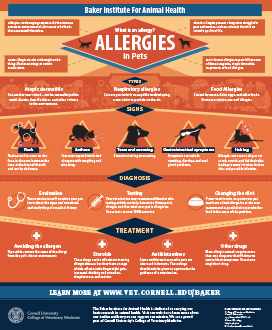How Much Does Dog Daycare Cost
How Much Does Dog Daycare Cost
Blog Article
What Vaccinations Are Required For Pet Dog Day Care?
Whether your dogs hang around at childcare or boarding facilities, they require to be updated on all of their called for inoculations. Core vaccines consist of Bordetella, rabies and DA2PP, which guard against usual illness that canines are revealed to when in close contact with others.
Non-core injections consist of canine influenza and leptospirosis shots. These are advised for pups that join other canines regularly.
Core Injections
As a critical part of preventative treatment, pet vaccines help keep pets secure from transmittable diseases transmitted through direct contact or infected surface areas. Vaccinations boost the body immune system to develop antibodies that deal with condition, and the majority of veterinarians take into consideration core pet vaccinations to be necessary for all pet dogs.
Rabies
A lot of reputable pet childcare centers need that your family pet be up to date on their rabies vaccination. Vaccinations are carried out to pups as very early as 12-16 weeks old, and boosters are needed every three years or so till the adult years. Rabies is a deadly viral illness that spreads through saliva, typically from attacks. The majority of states need rabies vaccinations for all dogs and cats, and some also mandate rabies boosters for family pet owners.
Distemper/Parvovirus/Adenovirus (DHPP).
This combination vaccination covers canine distemper, parvovirus, liver disease, and adenovirus, all of which are highly contagious. The majority of vet offices offer DHPP vaccinations as one shot or in a series of two to 4 shots, given 2-4 weeks apart, complied with by an annual booster. This vaccination is a requirement for the majority of boarding and doggy childcare facilities, along with numerous groomers.
Bordetella/Canine Parainfluenza Vaccination.
Bordetella bronchiseptica, typically known as kennel cough, is a really infectious respiratory system infection triggered by the microorganisms that triggers the condition. Signs consist of persistent coughing, sneezing, dog board and train near me nasal discharge, and high temperature. Most kennel coughing episodes happen in jampacked environments, such as childcare or boarding facilities, and are particularly usual in warmer weather condition. This vaccination is a requirement for a lot of childcare and boarding facilities, and is commonly offered in a mix with the DHPP vaccination.
Leptospirosis Vaccine.
This is a microbial condition that spreads with infected water, soil, and pee. Infection can create kidney and liver damage, in addition to fatality, and is transmissible to humans. A lot of veterinarians will suggest this vaccination, based upon geographical location and way of life of the pet, for pets that spend time outdoors or at boarding facilities, along with some groomers. This vaccine is typically provided as a collection of two to four shots, spaced 2-4 weeks apart, with a yearly booster needed for most animals.
Lyme Illness Vaccination.
The most common tick-borne illness in the USA, Lyme condition is transmitted by the deer tick and can result in fever, joint discomfort, muscular tissue soreness, and loss of appetite. The Lyme illness vaccination protects against one of the most widespread pressures of the virus, including the H3N8 and H3N2 strains. A lot of vet facilities advise this vaccine, particularly in high-risk areas, such as the Northeast, upper Midwest, Mid-Atlantic, and along the Pacific coastline.
Noncore Vaccines.
Various other pet vaccinations, while not necessary for all animals, are suggested based on the pet dog's way of living and geographical area. These consist of the following:.